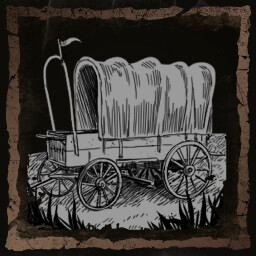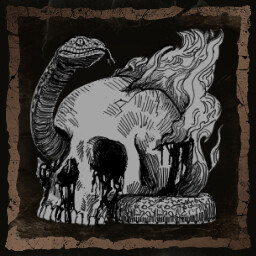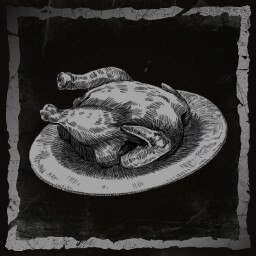Installera Steam
logga in
|
språk
简体中文 (förenklad kinesiska)
繁體中文 (traditionell kinesiska)
日本語 (japanska)
한국어 (koreanska)
ไทย (thailändska)
Български (bulgariska)
Čeština (tjeckiska)
Dansk (danska)
Deutsch (tyska)
English (engelska)
Español - España (Spanska - Spanien)
Español - Latinoamérica (Spanska - Latinamerika)
Ελληνικά (grekiska)
Français (franska)
Italiano (italienska)
Bahasa Indonesia (indonesiska)
Magyar (ungerska)
Nederlands (nederländska)
Norsk (norska)
Polski (polska)
Português (Portugisiska – Portugal)
Português - Brasil (Portugisiska - Brasilien)
Română (rumänska)
Русский (ryska)
Suomi (finska)
Türkçe (turkiska)
Tiếng Việt (vietnamesiska)
Українська (Ukrainska)
Rapportera problem med översättningen


 United States
United States 
















Etymology
The word jungle originates from the Sanskrit word jaṅgala (जङ्गल), meaning rough and arid. It came into the English language in the 18th century via the Hindustani word for forest (Hindi/Urdu: जङ्गल/جنگل) (Jangal).[1][2] Jāṅgala has also been variously transcribed in English as jangal, jangla, jungal, and juṅgala.[citation needed] It has been suggested that an Anglo-Indian interpretation led to its connotation as a dense "tangled thicket".[3][4] The term is prevalent in many languages of the Indian subcontinent, and the Iranian Plateau, where it is commonly used to refer to the plant growth replacing primeval forest or to the unkempt tropical vegetation that takes over abandoned areas.[5]